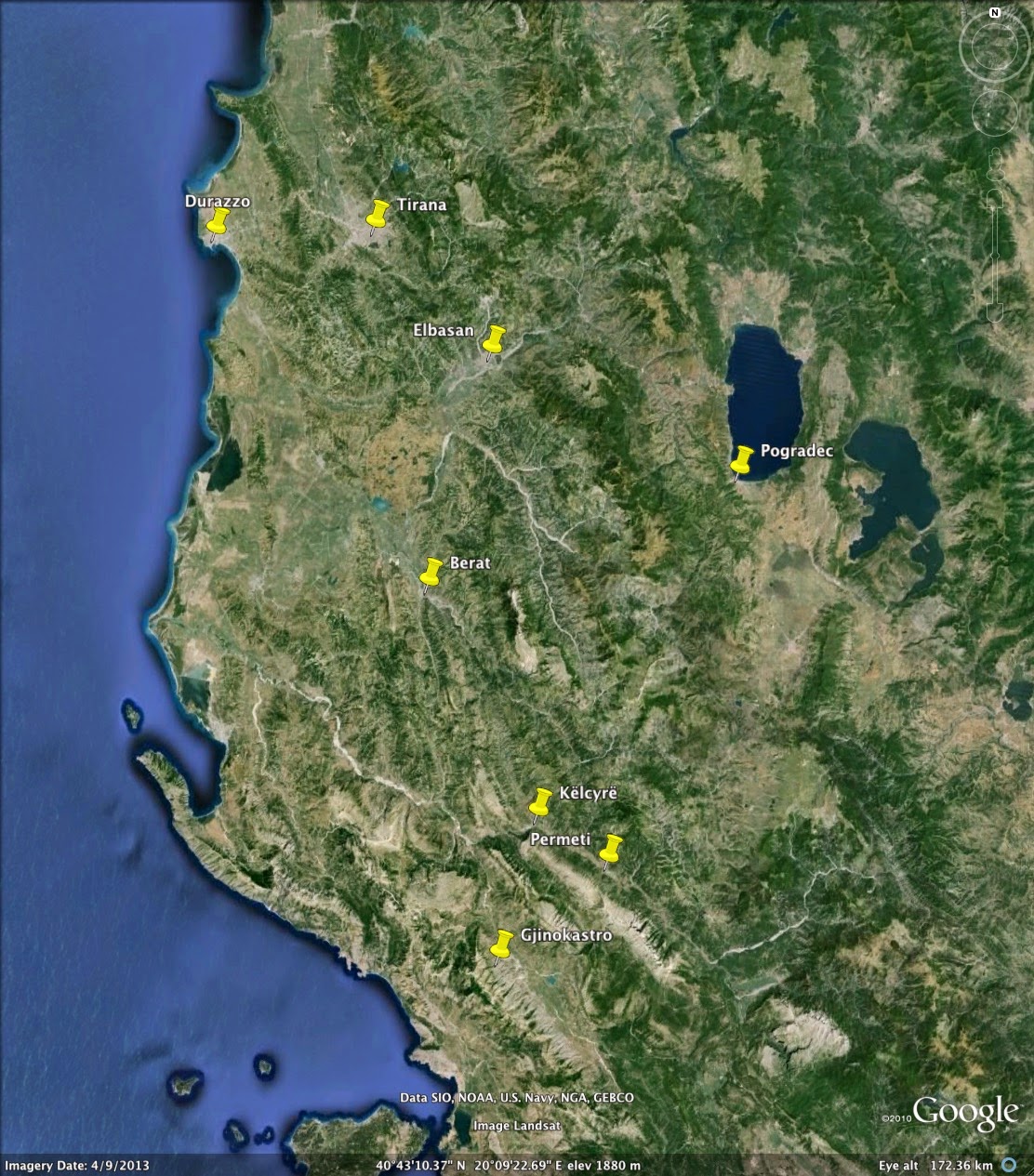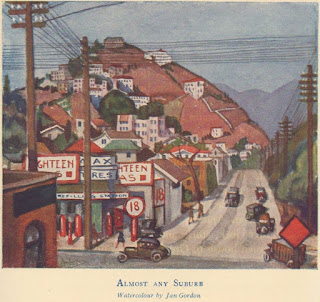Reviews of "The Luck of Thirteen" by Jan and Cora Gordon, 1916
The first book by Jan and Cora Gordon was "The Luck of Thirteen," the story of their role in John Berry's Serbian Mission from the Royal Free Hospital and their experience during the Serbian Retreat. They had originally wanted to call the book "Wanderings and Flight in the Land of Mud." The Gordons, in desperate need of funds, had written the book in a hurry, completing it in a fortnight:
"We divided the diary into twenty-four parts and started off writing alternate chapters, Jo correcting Jan's, Jan correcting Jo's."
"Day by day, as the material was finished, we sent it to the printers."
When they became convinced, about half way through, that their writing had improved and asked for the earlier chapters back for revision they were told, "You can't have them. They are already set up. And if you start meddling with what you have done you will only spoil it."
The story of how the book came to be published is told here.
Reception of the book was positive, as illustrated by the following two reviews.
"It is a big thing to say, but all the same we unhesitatingly maintain that this is the most amusing book of travels that has been seen since "Eothen." Our authors' spirits rise superior to everything ... their humour is perfectly delightful." (Evening Standard)
Birmingham Daily Post, April 1916.
"Few of the men show belief in superstition. On the contrary, a Yorkshire sergeant gleefully described to me the other day how the fateful figure of thirteen had dogged his steps and yet he had escaped really serious damage. Born on the 13th, he took part in a big attack on the 13th, his first bed in hospital in France was No. 13, he was marked "For Blighty" on the 13th, and the hospital train that carried him had the same number.
Many indeed are the stories of the quiet heroism of these maimed men away from the scene of battle. Their attitude suggests a curious paradox, for bloody and inhumane as all war is, it yet produces in these men the tenderest feelings. Interwoven with the red line of this world-tragedy, like a perceptible thread of gold, are acts of generosity, self detachment and sacrifice that will remain an enduring memory to everyone privileged to see them long after the war has ended."
Yorkshire Evening Post, Monday 16th April.
"We divided the diary into twenty-four parts and started off writing alternate chapters, Jo correcting Jan's, Jan correcting Jo's."
"Day by day, as the material was finished, we sent it to the printers."
When they became convinced, about half way through, that their writing had improved and asked for the earlier chapters back for revision they were told, "You can't have them. They are already set up. And if you start meddling with what you have done you will only spoil it."
The story of how the book came to be published is told here.
Reception of the book was positive, as illustrated by the following two reviews.
"It is a big thing to say, but all the same we unhesitatingly maintain that this is the most amusing book of travels that has been seen since "Eothen." Our authors' spirits rise superior to everything ... their humour is perfectly delightful." (Evening Standard)
Birmingham Daily Post, April 1916.
"Few of the men show belief in superstition. On the contrary, a Yorkshire sergeant gleefully described to me the other day how the fateful figure of thirteen had dogged his steps and yet he had escaped really serious damage. Born on the 13th, he took part in a big attack on the 13th, his first bed in hospital in France was No. 13, he was marked "For Blighty" on the 13th, and the hospital train that carried him had the same number.
Many indeed are the stories of the quiet heroism of these maimed men away from the scene of battle. Their attitude suggests a curious paradox, for bloody and inhumane as all war is, it yet produces in these men the tenderest feelings. Interwoven with the red line of this world-tragedy, like a perceptible thread of gold, are acts of generosity, self detachment and sacrifice that will remain an enduring memory to everyone privileged to see them long after the war has ended."
Yorkshire Evening Post, Monday 16th April.
From the Illustrated London News, December 25th 1915, "The Heroism of Serbia's Aged Monarch: King Peter Riding Back to His Car after Watching a Battle."




Comments
Post a Comment